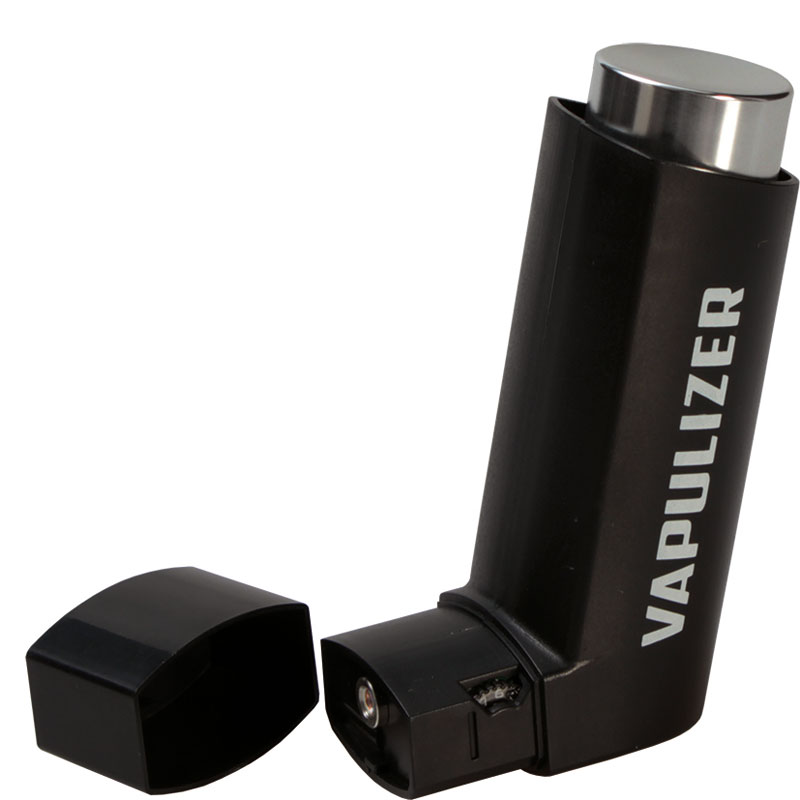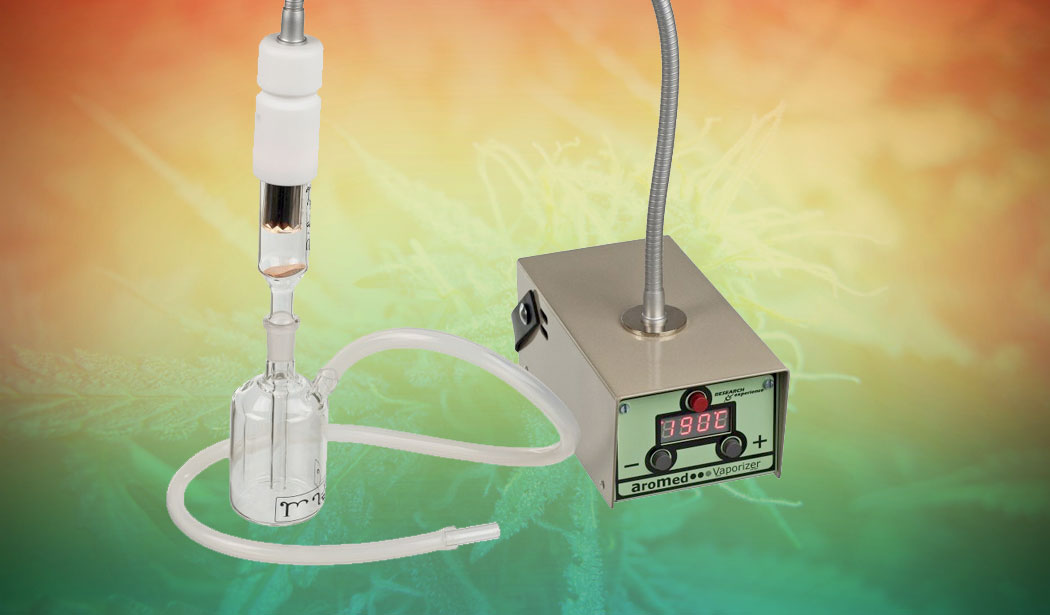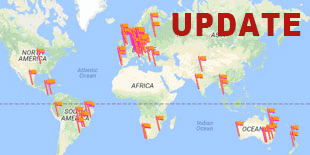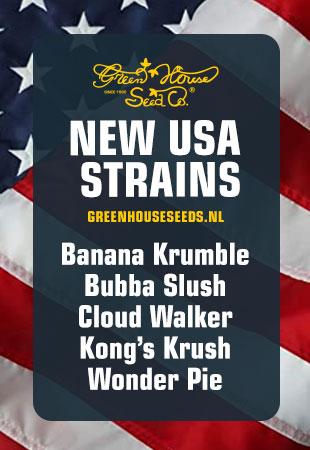Founded in the mid 70’s near San Francisco, General Hydroponics was a joint venture of a group of scientists, researchers and technicians who shared the vision of a new era of plant cultivation. One of their first concepts was the ‘Family Farm’, which allowed a family to produce a part of the vegetables they consume, no matter where they were based.
This project very well reflects the philosophy of General Hydroponics: Sustainability, quality, simplicity and innovation. The rapidly growing success of this approach eventually led to the foundation of General Hydroponics Europe, based in the South-West of France.
Hydroponics, the idea of growing plants directly in water rather than in soil, might encounter scepticism – but yet it turned out to be one of the most sensational developments in recent years.
Basically the idea of hydroponics is an ancient one: The people living around mountain lakes like Titicaca in Peru and Inle in Myanmar, have always been cultivating their gardens on the water surface, over straw mats or water hyacinth beds. In hydroponics, as in these mountain lakes, plants live over water with their roots hanging in the dynamic flow of a nutrient solution.
Yet there is a problem: Many plants suffer a lack of oxygen in their root zones when standing in stagnant water. In fact, this is a recurrent cause of death for houseplants: Excessive watering. Also, this is what often happens in hydroculture – not to be confused with hydroponics – a growing method with wicker buckets standing in a ‘dormant’ nutritive solution.
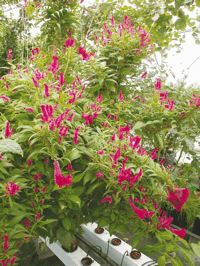 Thus, plants can grow in water, but not under all conditions. The water has to be alive. This is the main idea of hydroponics: A soil-less cultivating method which stimulates plant growth while controlling the quantities of water, mineral salts and most important, dissolved oxygen. Of course, also other factors like light, humidity or CO2 levels remain important.
Thus, plants can grow in water, but not under all conditions. The water has to be alive. This is the main idea of hydroponics: A soil-less cultivating method which stimulates plant growth while controlling the quantities of water, mineral salts and most important, dissolved oxygen. Of course, also other factors like light, humidity or CO2 levels remain important.
But are hydroponic crops, grown without any soil, organic? The answer used to be no. The mere fact that this is a soil-less operation already prohibits an ‘organic’ designation. As for the fertilisers, there was no complete organic nutrient for hydroponics until now.
In 2004, William Texier, head researcher in the General Hydroponics Europe laboratories, created BioSevia, the first and only complete and certified organic nutrient for hydroponics. Furthermore, the mineral fertilisers of GHE are so precisely crafted, that they leave no toxicity or heavy metals whatsoever in plants, when used according to instructions.
www.eurohydro.com (including GHE catalogue online)
Eurohydro Youtube
www.ghe-blog.com



